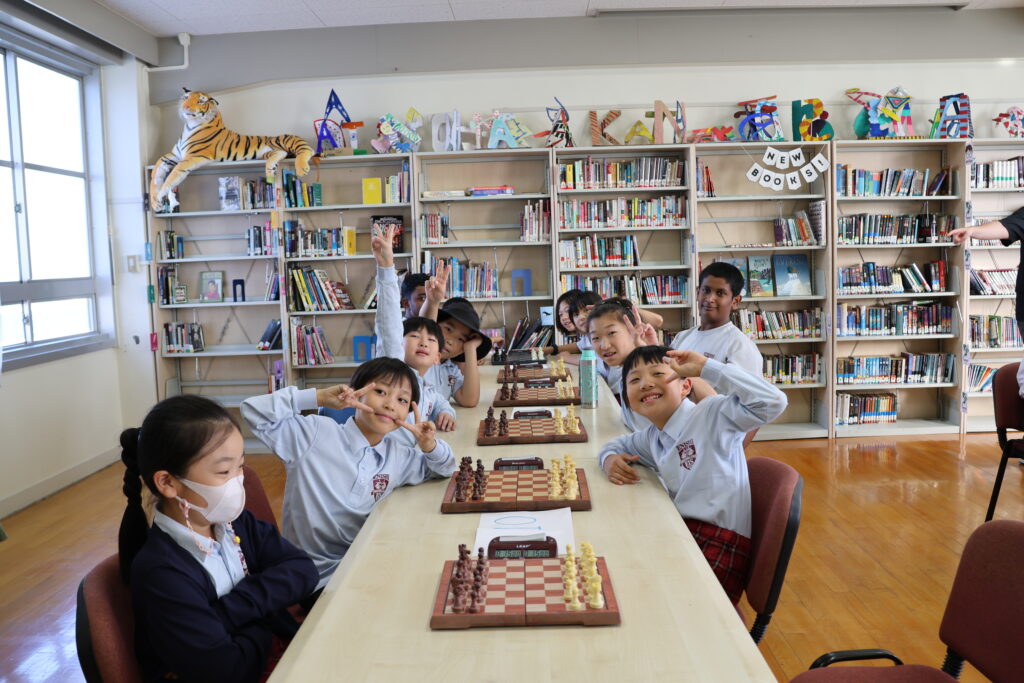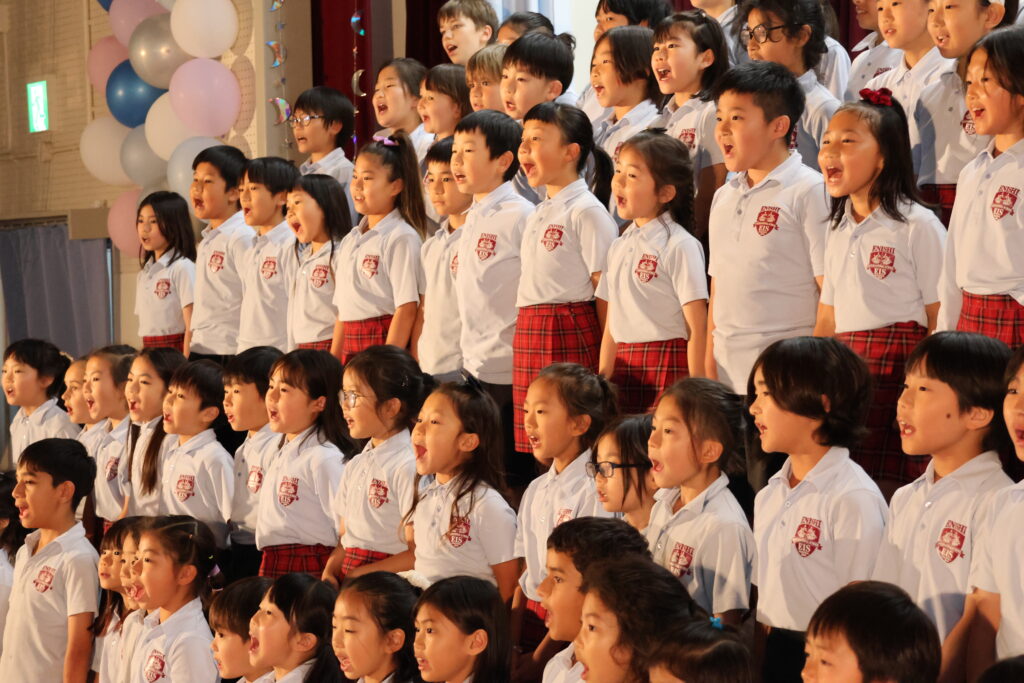Learner Outcome
Teaching And Learning Philosophy
- Holistic Education : Recent science has shown us that our brains learn best when things are interconnected. While the language of instruction at our schools is English, learners go beyond mere language learning and become good communicators who do well in social, emotional, academic, and physical areas as well.
- IB (International Baccalaureate) Learner Profile : As an IB World school, we have embraced the teaching and learning philosophy developed by the IB. Our values apply not only to our learners but also to our entire community.
As IB learners we strive to be:
Inquirers
Knowledgeable
Thinkers
Communicators
Principled
Open-minded
Caring
Risk-takers
Balanced
Reflective
Learner Outcomes
To see our schools mission statement and the IB learner profile in action and in alignment with WASCs expectations for Schoolwide Learner Outcomes and Global Competencies, Enishi International School has developed the following outcomes. When creating these outcomes the school reaffirmed our commitment to IB, the skills (ATL) we want students to have and the curriculums we teach. These outcomes are intended to be measurable, yet ambitious and represent the outcomes we wish to see in our students throughout our Foundation to Grade 12 program. Enishi International School believes that these learner outcomes best prepare students for their futures as global citizens and leaders.
Students will be MULTILINGUAL lifelong learners who:
Communicate effectively in multiple languages to interact with diverse communities and cultures.
Analyze, evaluate and compare and contrast languages, and modes of communication
Critically reflect on their own language learning experiences and strategies.
Apply their language skills in real-world contexts such as academic, personal, and professional purposes.
Students will be lifelong INQUIRERS who:
Apply critical thinking skills to solve complex problems and make informed decisions.
Demonstrate curiosity and creativity in exploring diverse topics and disciplines.
Use critical thinking skills to analyze, evaluate and synthesize information from a variety of sources.
Collaborate with others to generate and refine ideas, and communicate findings effectively.


Students will be OPEN-MINDED lifelong learners who:
Are aware of their cultural identity and its influence on their perspectives and interactions with others.
Develop an understanding of the interconnectedness of different communities and issues.
Apply critical thinking and problem-solving skills to complex issues with an open and unbiased mindset.
Communicate effectively and listen actively and respectfully to perspectives from diverse backgrounds.
Students will be RESPECTFUL OF ALL CULTURES and:
Develop an understanding of the historical and contemporary experiences of different cultures, and their contributions to the global community.
Engage in cross-cultural inquiry and research, and to compare and contrast different cultural perspectives and practices.
Take responsible action to promote intercultural understanding and respect in their communities.
Contribute to creating inclusive and equitable environments that foster respect, tolerance, and social justice.
Students will be PRINCIPLED AND BALANCED lifelong learners who:
Can make informed decisions about social-emotional, mental and physical wellbeing.
Can maintain a healthy balanced life between responsibilities, expectations, and recreation.
Can maintain personal, social, professional, and educational integrity.
Can balance risk and reward, and be a principled voice within their community.
Enishi International School’s Global Competencies
Furthermore, Enishi International School has developed the following global competencies in alignment with WASC’s definitions and the IB’s ATL skills. At EIS we believe that the development of ATL skills prepares students best to function in an increasingly interdependent, global society and the challenges that it can present. These global competencies/ ATL skills give students the framework to act locally and think globally.
Thinking skills:
Critical thinking skills: The ability to analyse and evaluate information, arguments, and evidence in a systematic and logical manner to make informed decisions and solve complex problems. This includes identifying biases, questioning assumptions, and drawing well-supported conclusions.
Creative thinking skills: The ability to generate innovative ideas, think outside the box, and approach problems from multiple perspectives. It involves originality, flexibility, and the ability to connect and combine ideas in novel ways.
Transfer skills: The ability to apply knowledge and skills learned in one context to new and unfamiliar situations. This involves recognizing patterns, making connections, and adapting knowledge and strategies to solve problems in different contexts.
Communication skills:
Communication through interaction: The ability to effectively communicate and collaborate with others in both physical and virtual environments, considering different perspectives, actively listening, and engaging in respectful and constructive dialogue. It involves expressing ideas clearly, adapting communication styles, and understanding nonverbal cues.
Communication through languages: The ability to use languages effectively in reading, writing, speaking, and listening. This includes expressing thoughts and ideas accurately, using appropriate language conventions, and adapting communication to different audiences, purposes and modes.
Social skills:
Collaboration skills: The ability to work cooperatively and effectively with others towards a common goal. This involves active participation, sharing responsibilities, resolving conflicts, valuing diverse perspectives and contributions and creating an environment of belonging.
Self-management skills:
Organisation skills: The ability to manage time, resources, and tasks effectively. It includes setting goals, prioritising, planning, and monitoring one’s own progress to achieve desired outcomes.
Affective skills: The ability to manage emotions, show empathy, and maintain positive relationships. This includes self-awareness, self-regulation, and demonstrating respect, empathy, and understanding towards others.
Reflective skills: The ability to reflect on one’s own learning and experiences, assess strengths and areas for growth, and set goals for personal and academic development. It involves self-evaluation, seeking feedback, and using reflections to inform future actions.
Research skills:
Information literacy skills: The ability to locate, evaluate, and effectively use information from various sources. This includes identifying reliable sources, analyzing and synthesizing information, and citing and referencing appropriately.
Media literacy skills: The ability to critically evaluate and analyze media messages and sources. It involves understanding the purpose and bias of media, interpreting visual and multimedia content, and being able to create and share media responsibly and ethically.
Furthermore, Enishi International School has developed the following global competencies in alignment with WASC’s definitions and the IB’s ATL skills. At EIS we believe that the development of ATL skills prepares students best to function in an increasingly interdependent, global society and the challenges that it can present. These global competencies/ ATL skills give students the framework to act locally and think globally.
Thinking skills:
Critical thinking skills: The ability to analyse and evaluate information, arguments, and evidence in a systematic and logical manner to make informed decisions and solve complex problems. This includes identifying biases, questioning assumptions, and drawing well-supported conclusions.
Creative thinking skills: The ability to generate innovative ideas, think outside the box, and approach problems from multiple perspectives. It involves originality, flexibility, and the ability to connect and combine ideas in novel ways.
Transfer skills: The ability to apply knowledge and skills learned in one context to new and unfamiliar situations. This involves recognizing patterns, making connections, and adapting knowledge and strategies to solve problems in different contexts.
Communication skills:
Communication through interaction: The ability to effectively communicate and collaborate with others in both physical and virtual environments, considering different perspectives, actively listening, and engaging in respectful and constructive dialogue. It involves expressing ideas clearly, adapting communication styles, and understanding nonverbal cues.
Communication through languages: The ability to use languages effectively in reading, writing, speaking, and listening. This includes expressing thoughts and ideas accurately, using appropriate language conventions, and adapting communication to different audiences, purposes and modes.
Social skills:
Collaboration skills: The ability to work cooperatively and effectively with others towards a common goal. This involves active participation, sharing responsibilities, resolving conflicts, valuing diverse perspectives and contributions and creating an environment of belonging.
Self-management skills:
Organisation skills: The ability to manage time, resources, and tasks effectively. It includes setting goals, prioritising, planning, and monitoring one’s own progress to achieve desired outcomes.
Affective skills: The ability to manage emotions, show empathy, and maintain positive relationships. This includes self-awareness, self-regulation, and demonstrating respect, empathy, and understanding towards others.
Reflective skills: The ability to reflect on one’s own learning and experiences, assess strengths and areas for growth, and set goals for personal and academic development. It involves self-evaluation, seeking feedback, and using reflections to inform future actions.
Research skills:
Information literacy skills: The ability to locate, evaluate, and effectively use information from various sources. This includes identifying reliable sources, analyzing and synthesizing information, and citing and referencing appropriately.
Media literacy skills: The ability to critically evaluate and analyze media messages and sources. It involves understanding the purpose and bias of media, interpreting visual and multimedia content, and being able to create and share media responsibly and ethically.


